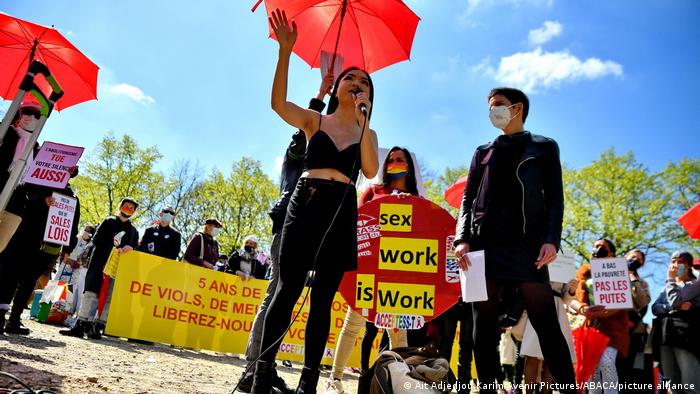Why the ABCs of Sex Work Matter
When we look at our perception around sex work – how we define it and how valid we consider it to be – there’s an utmost lack of authentic sources which can provide us non glamourized information about sex work and what it is about. Naturally, then, our sources of knowledge emerge from the representation of sex work in pornography and the portrayal of sex work in media. The dehumanizing ways in which both of these snatch away the dignity attached to sex work is the reason why the terminologies and the vocabulary we use while talking about sex work become important. By using the right words to represent it in our daily conversations, we value the dignity with which sex work contributes as any other nature of work.
Language as a driver of social change
Over the years multiple terminologies have been used to describe sex work. From ‘prostitution’ to describing sex as ‘the exchange of sexual activities for material compensation’, all language has been derogatory to the nature of its work. These terminologies have categorized the act as well as the people a part of it as immoral. However, it’s imperative to understand that this language is not based on convenience, but one that is driven by political underpinnings. The words we use to describe sex work as an act that harms society stems from our culture which limits exploration of sexual identities; a culture that shames marginal identities for the kind of work they do as an ideological tool. The reason why language specifically here becomes of relevance is because of the kind of power it holds to construct social attitudes. Language does not merely verbalize our thoughts, but also our cultural perceptions, and drives our social actions.
Language and Rights
This politically driven language translates to more tangible ways in which the sex work industry gets affected. The sex work industry is not one that has remained linear in its evolution. It’s branched out into multiple natures of sex work like street work, pornography etc. Not only are terms like ‘Prostitute’ unable to capture the nuances of the industry, but they also provide a derogatory and outdated image of sex work as a profession. This untrue representation of all that sex work encompasses leads to directly affecting the material conditions in areas where sex workers work. This looks like unsafe and unsanitary streets for work, lack of workers’ rights like paid maternity leaves, or contraction of sexual diseases. This has an effect on how we see the utility of sex work as a contributing profession to the workforce. Not only does the language surrounding sex work then influence the way we understand sex work but also how it affects the lives and security of the sex workers; whether we think they deserve that security in the first place or not; whether their rights should be the same as the rest of the workforce. These are some questions that should not be raised as a separate entity or should not be debated in the first place, but history has proved otherwise.
Conclusion
We’ve seen why language plays an important role in oppressing and excluding certain communities based on the kind of work they do. In recent years, however, we have seen a surge in the reclaiming of the previously derogatory terminologies. This looks like reclaiming terms like ‘Prostitute’ to give it a new meaning; a meaning that shirks away its earlier orientation. This transforms language from the tool of the oppressor to a tool for social equality. A transformation we are in desperate need of while macro-level policy changes remain a fight the community continues to sustain.
Author




